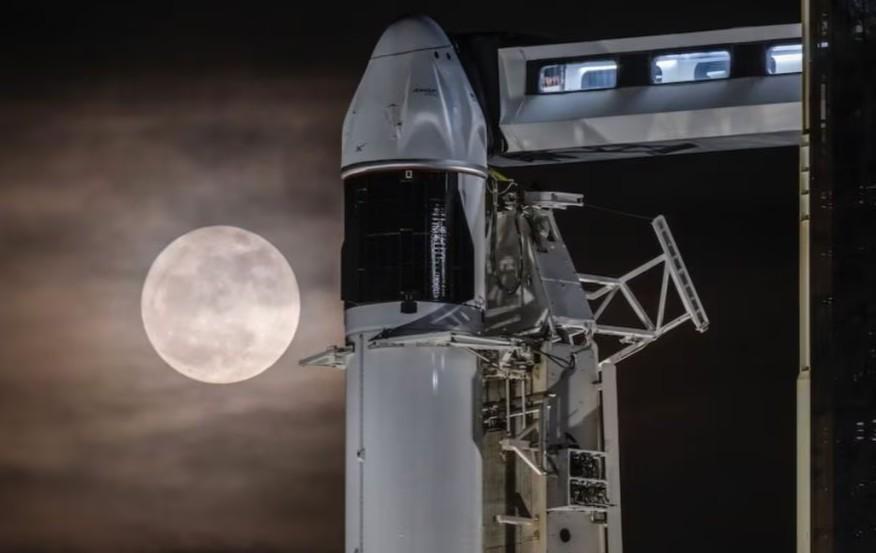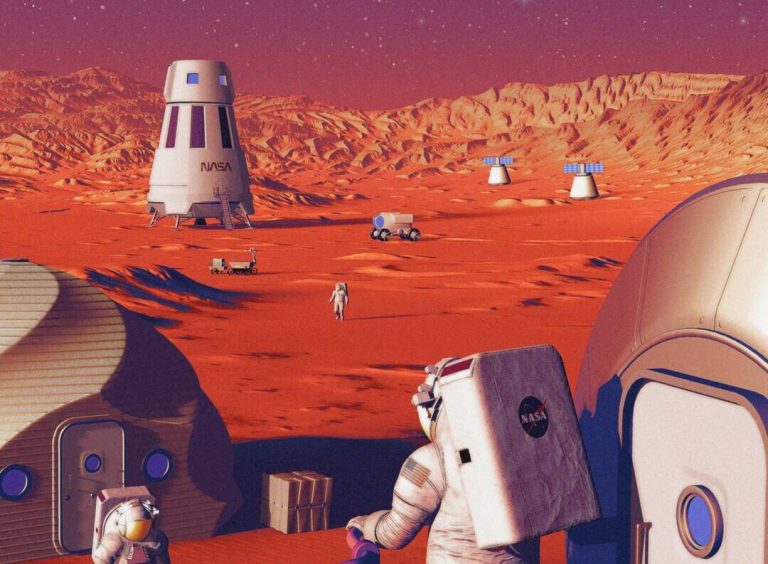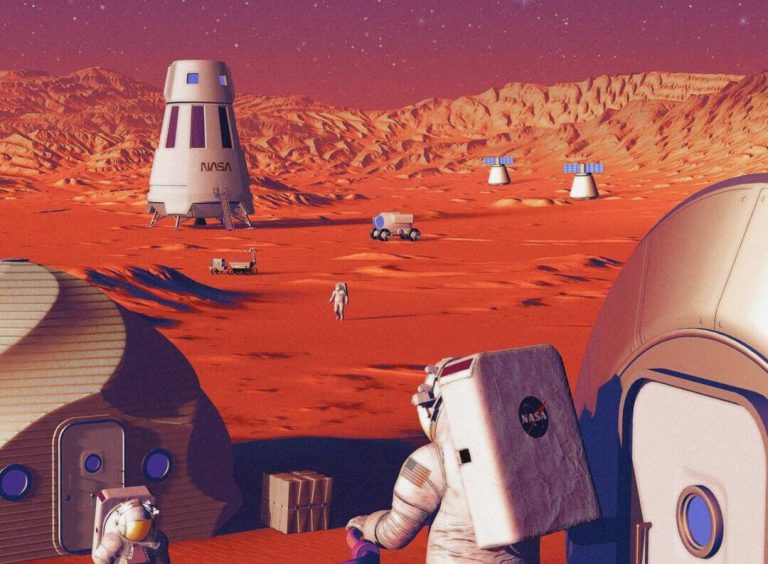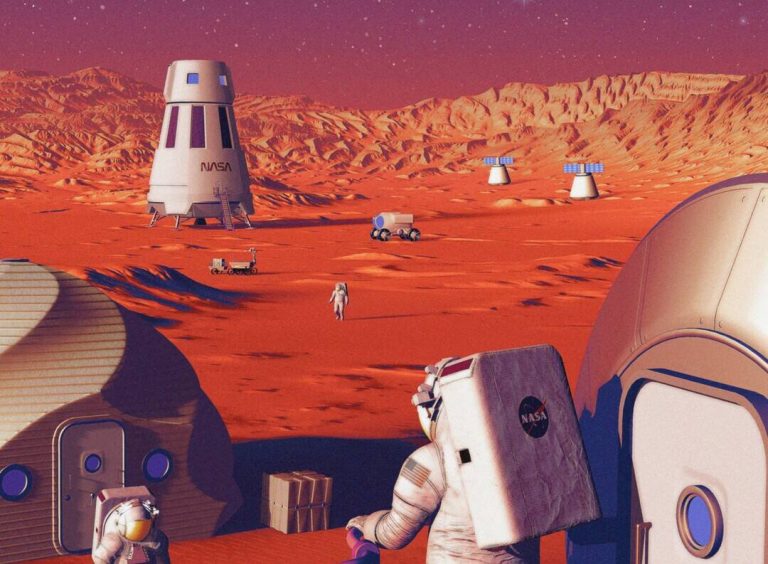
Pichai, Musk & Bezos competing to establish data centres on Moon: Report
The world’s top tech billionaires, Sundar Pichai, Elon Musk, and Jeff Bezos, are now competing in a new frontier: establishing data centres on the Moon. According to a recent report by the Wall Street Journal, these tech moguls are exploring the possibility of storing and processing data on the lunar surface. The report highlights the advantages of the Moon’s environment, which could provide a stable and low-cost solution for data storage and processing.
The idea of establishing data centres on the Moon may seem like science fiction, but it’s an idea that’s gaining traction. The Moon offers a unique environment that could provide several advantages over traditional data centres on Earth. One of the main benefits is the stable temperature in certain regions of the Moon, which could reduce cooling costs for servers. Cooling is a significant expense for data centres, as it requires a lot of energy to keep the servers at a stable temperature. The Moon’s surface temperature can range from -243°C to 127°C, but certain regions, such as the lunar poles, have more stable temperatures that could be suitable for data centres.
Another advantage of the Moon is the abundance of open land, which could provide the opportunity to build huge facilities without the environmental concerns faced on Earth. Data centres require a lot of space, and building them on the Moon could provide a solution to the growing demand for data storage and processing. The Moon’s surface is also relatively free from natural disasters, such as earthquakes and hurricanes, which could make it a more reliable location for data centres.
The report suggests that Sundar Pichai, CEO of Google, Elon Musk, CEO of SpaceX, and Jeff Bezos, CEO of Amazon, are all exploring the possibility of establishing data centres on the Moon. These tech moguls are known for their innovative ideas and investments in emerging technologies, and it’s no surprise that they’re looking to the Moon as a potential location for data centres.
Elon Musk’s SpaceX has already made significant progress in establishing a human presence on the Moon, with plans to send both crewed and uncrewed missions to the lunar surface in the coming years. Musk has also talked about the potential for establishing a permanent human settlement on the Moon, which could include data centres as a key component.
Jeff Bezos’ Blue Origin is also working on a lunar lander, which could potentially be used to establish a human presence on the Moon. Bezos has talked about the potential for the Moon to serve as a hub for space-based industries, including data storage and processing.
Sundar Pichai’s Google has also been investing in emerging technologies, including artificial intelligence and cloud computing. Establishing data centres on the Moon could provide Google with a unique opportunity to expand its cloud computing capabilities and provide low-latency data storage and processing for its customers.
The report highlights the potential for the Moon to become a major hub for data storage and processing in the coming years. With the growing demand for cloud computing and data storage, the Moon could provide a unique solution for companies looking to expand their data centre capabilities. The low temperatures and stable environment on the Moon could make it an attractive location for data centres, and the abundance of open land could provide the opportunity to build huge facilities without the environmental concerns faced on Earth.
However, establishing data centres on the Moon is not without its challenges. One of the main challenges is the distance between the Moon and Earth, which could make it difficult to transmit data between the two locations. The Moon is approximately 239,000 miles (384,000 kilometres) away from Earth, which could result in significant latency issues for data transmission.
Another challenge is the lack of infrastructure on the Moon, including power generation and transmission. Data centres require a lot of power to operate, and establishing a reliable source of power on the Moon could be a significant challenge. The Moon also lacks a atmosphere, which could make it difficult to cool data centres using traditional air-cooling methods.
Despite these challenges, the report suggests that the benefits of establishing data centres on the Moon could outweigh the costs. The stable environment and low temperatures on the Moon could provide a unique opportunity for companies to reduce their data centre costs and expand their cloud computing capabilities.
In conclusion, the idea of establishing data centres on the Moon is an exciting and innovative concept that could provide a unique solution for companies looking to expand their data centre capabilities. With the growing demand for cloud computing and data storage, the Moon could become a major hub for data storage and processing in the coming years. While there are challenges to overcome, the benefits of establishing data centres on the Moon could make it an attractive location for companies like Google, SpaceX, and Amazon.






